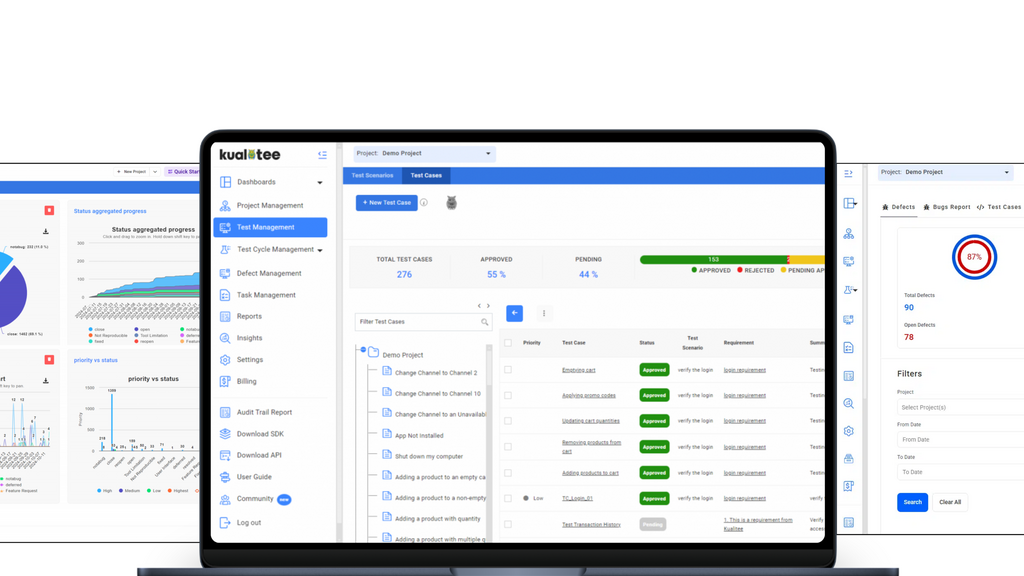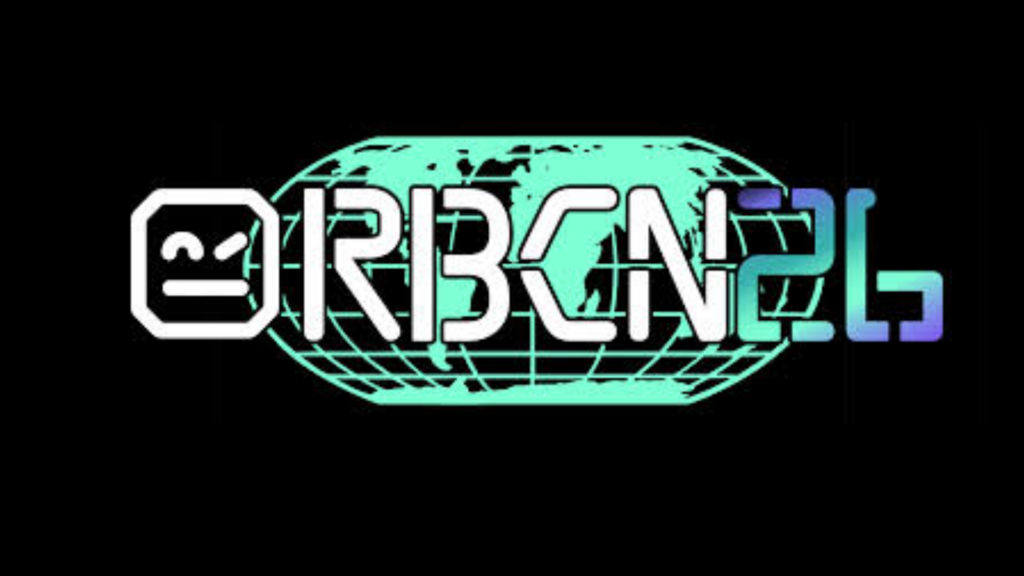By Anders Dinsen and Jesper Ottosen
Change is the only constant, they say, but we still need to manage change – and cope with it. Coping not only means surviving mentally, but also adjusting to whatever happens and figuring out how to be productive and create value for our stakeholders when things change.
On March 8th we (Anders and Jesper) facilitated the second Ministry of Testing Copenhagen meetup on “Testing roles are shifting, but where to?”
Jesper has spent quite a bit of time collecting knowledge from other testers around the world, reflecting on changes himself, and blogging about the directions in which testing is changing. The Shift in the title of meetup refers to the fact that there are multiple directions or ways for testing to change: there is not just one trend “out there” in the testing business.
The positive perspective on change is that it can be a growth machine for testing. Good change is about doing things better for our stakeholders, customers, and employers, which increases the value of testing to them. More value equals growth potential.
To grow and cope with change we need to give the change a name.
In the talk that started the meetup, Jesper covered four types of change:
Shift left and shift right: This is a pattern we see in agile and devops where testing is automated and therefore the creative part of testing work now takes place during coding, and there is at the same time more testing happening in production.
Testing in production is not necessarily bad, it can be a very good strategy: NetFlix for example run automated tools that randomly tries to shut down servers in production to observe how the whole system behaves. When google release new versions of their search engine, they only release it to a small user base so they can monitor it.
Shift coach: Anyone can test, but most people can only do it well with coaching and advice from professional testers. And this is happening out there: One participant told about how she is changing from managing testers to towards considering the testing activities and asking herself: How can I facilitate the testing, I’m coaching and advising on?
Shift deliver: Jesper told us about an infrastructure project where he was both test and change manager. He wore two caps on his head: Testing and preparing tickets - at the same time. In the QA-space, the duty was on verifying and if necessary testing that people had done what they said they’d do - while managing deliveries. We could name this trend “TestOps”, but whatever we name it, people seemed to agree that this is not as uncommon as one might think.
Tester as the Subject Matter Expert (SME): The tester is sometimes the person in the project with the most business- and technical knowledge, and thus transforms from being “just a tester” to gaining a role of expert. Perhaps this is in the nature of testing, related as it is to learning, but still the SME role is often overlooked at conferences and in literature.
To summarize:
The biggest question is of course how we deal with change – professionally and personally?
Sometimes we meet testers who are not happy with their roles. The message essentially was that we have options to move away from the space we do not like to be in. And we can probably even deliver better value when changing.
Just remember that change is not the same as issuing a change-request ticket: This kind of change involves both professional and personal change.
But labelling the options and trends is still helpful. It makes us able to better understand what is happening.
Sharing stories about change is good as it helps us to see the first steps towards a new vision.
After Jespers’ talk we split up in three discussion groups: One to continue the conversation on the labelling of trends of change, one to consider personal leadership and personally dealing with change, and one to discuss a specific type of shift in testing: early qualification of requirements.
The meetup was a great success with good feedback. Most people in the audience foundation it helpful to use the labels and trends discussed.
About the Copenhagen meetup
We are very grateful to our sponsor, Miracle Buddyshop who provided us with both a venue, great sandwiches, and drinks.
We are looking forward to do more in the Ministry of Testing Copenhagen Meetup Group. As we do not yet have a next large meetup planned, ideas and requests are very welcome.
Please remember that while sponsoring is welcomed, sponsor talks as such are not accepted under the Ministry of Testing code of conduct. Ministry of Testing is about co-creation from tester to tester.
After all, we are experts of real testing, and let’s not forget that we can teach each other valuable stuff.
So if you have anything you’d like to share, please get in touch and we will help you all we can.
Best,
Anders and Jesper




